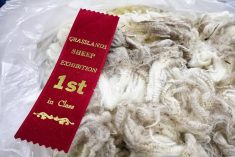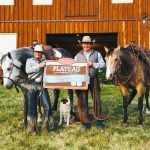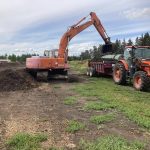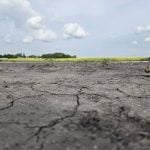KAMLOOPS, B.C. – Two attractive plants are the bane of many livestock producers’ existence.
Larkspur and timber milkvetch are highly toxic to livestock and scientists on both sides of the British Columbia and Alberta borders are looking for ways to combat these troublesome plants.
Researchers recently identified a rumen microbe that could be stimulated to counteract larkspur’s toxin.
Tall larkspur is particularly serious, said Walter Majak, who is based at Agriculture Canada’s range research station in Kamloops.
“In Alberta, it is the biggest poison plant problem.”
Read Also
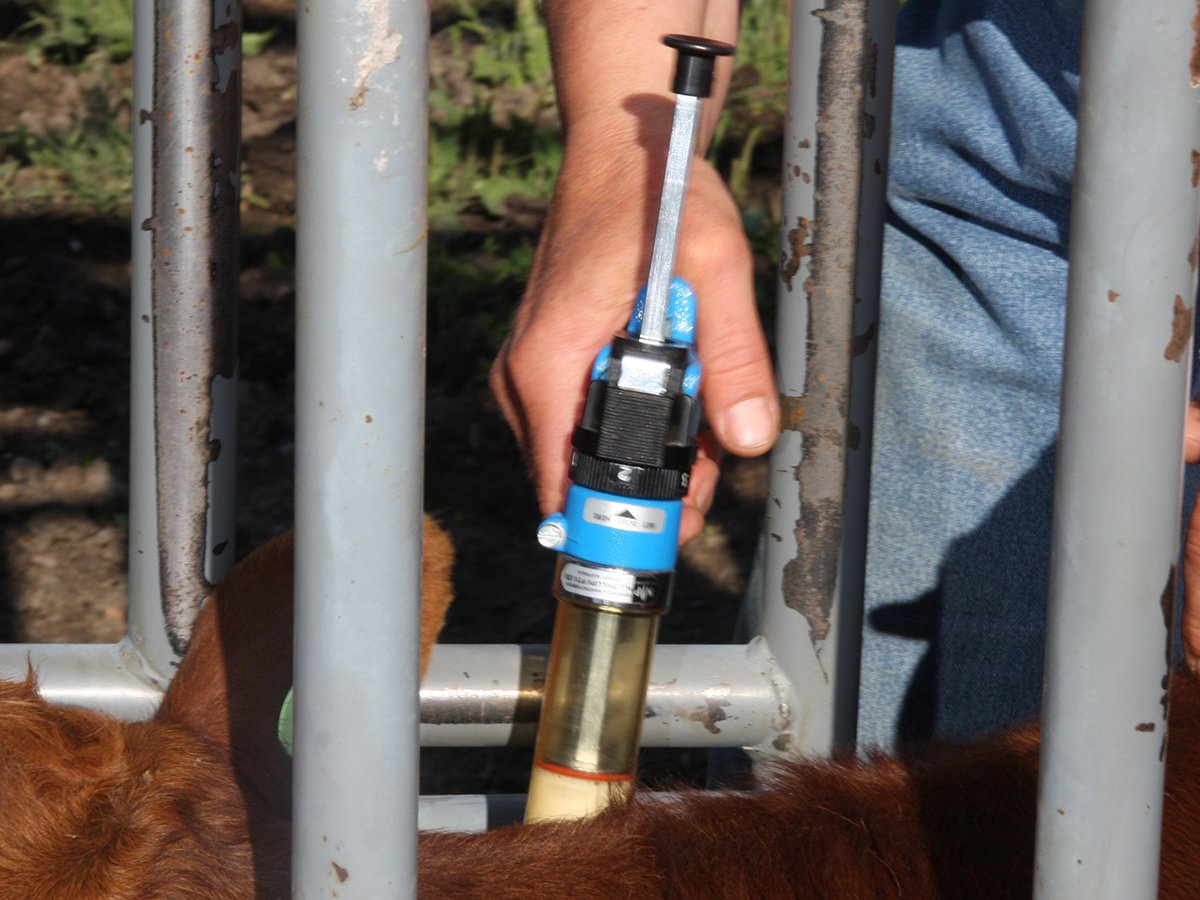
Canada must address potential veterinary drug shortages
If critical products are unavailable when needed, it could result in unnecessary human and animal deaths in the worst-case scenario.
Tall larkspur is more toxic to cattle than its B.C. counterpart, low larkspur.
Larkspur is similar to the purple flowered delphinium grown in many gardens. The domestic variety is not poisonous.
These native plants are particularly difficult to control. A 10-year-old study estimated poisonous plants were responsible for $200 million in livestock losses in the United States.
Majak and others are studying the larkspur and its growth stages to see when it is most toxic.
“The bigger the plant, the more toxin it contains,” he said.”If it is green, it is toxic.”
Timber milkvetch is another problem in B.C.
Animals can go through early, acute and chronic stages of poisoning, which may not be noticed until they are being trailed home. The animals have difficulty walking and are thin.
Imported livestock is especially susceptible. First-calf heifers seem to suffer the most.
They become gaunt, develop diarrhea and have clicking heels.
Again, a rumen bacteria may provide a cure. It is activated with protein supplementation.







